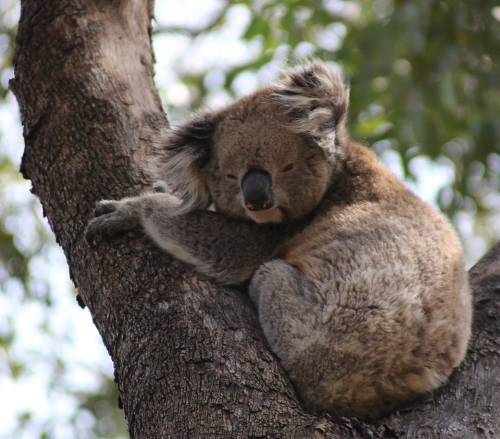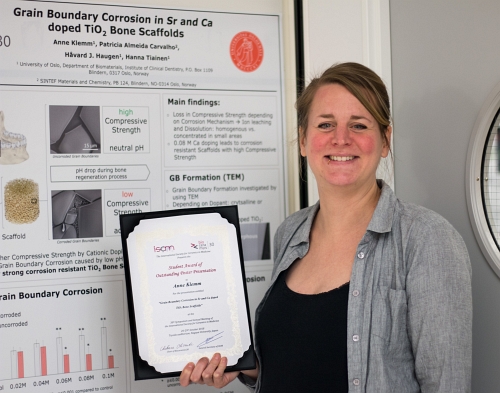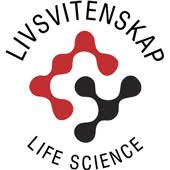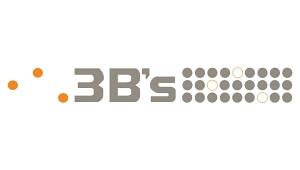
After spending enough many autumns in Oslo, Florian Weber already knew what was coming and decided to escape the darkness of the Norwegian autumn to Australia. Thanks to a generous mobility grant from UiO:Life Science, Florian was able to travel all the way to Bryan Coad’s lab at the University of Adelaide for a three month research exchange. This current collaboration with Bryan follows his visit to the YoungCAS workshop we organised in 2017 to discuss the future challenges in biomaterials in the imminent era of antimicrobial resistance.
Bryan’s research group focuses on developing biopolymers and surface coatings to study the behaviour of fungal pathogens on such materials. During his three pleasant spring months on the sunnier side of the world, Florian will be learning about the mechanism of fungal attachment on various surfaces and study the antifungal properties of polyphenolic molecules, especially when coated on implant surfaces. Thanks to the interdisciplinary and social research environment, Florian will also have the chance to gain expertise in different surface modification techniques, particularly plasma polymerisation and chemical coupling reactions, as well as the use of phenolic molecules as crosslinkers in polysaccharide hydrogels during his stay at Bryan’s lab.

Apart from science, there is also a lot of life to be experienced in Adelaide. A long walk through the Waite Arboretum and the Waite Conservation Reserve surrounding the campus by the Adelaide Hills gives a welcome break from science after a long day at the lab, and cycling through the picturesque city with its Australian quirkiness and strange local wildlife makes an excellent pastime for a keen photographer like Florian. The perfect combination of urban excitement and endless possibilities for outdoor activities that Adelaide offers will surely keep Florian busy also outside the laboratory while Down Under.
2A's at 3B's

But Florian is not the first student we have sent for a research exchange with the help of a UiO:LifeScience mobility grant: Anne Klemm and Aman S. Chahal spent three months each at the 3B's Research Group at the University of Minho in Portugal. Both Anne and Aman also received additional funding for their research training at 3B's from Erasmus+ staff mobility grants. Our two A's were warmly welcomed at 3B's by Manuela E. Gomes's research group and were both working closely together with Manuel Gomez-Florit, another familiar face from the YoungCAS 2017 workshop.
Despite the same destination, the motivation for choosing to go out for research exchange at 3B's was very different for Anne and Aman. As a mechanical engineer, Anne wanted to broaden her research skills in biomaterials science and learn more about cell culture experiments involving seeding cells on highly porous TiO2 substrates. So for Anne, the most important aspect of working at 3B's was the chance to work together with our former postdoc Manuel, who happens to be the expert when it comes to cell culture experiments with similar TiO2 scaffolds that Anne is investigating in her PhD project. Aman, on the other hand, was already an experienced cell biologist, but he was interested in learning time-lapse video microscopy and how to generate stem cell spheroids for cell migration and 3D cell invasion studies. In addition, the group of Manuela Gomes at 3B's had expertise in incorporating blood derivatives into biomaterials to guide cell activity, which is also one of the research objectives in Aman's PhD research.

Based on their experience in Portugal, both Anne and Aman would highly encourage PhD students to go for a research exchange abroad to get out of their comfort zones and see how different labs in other countries function. When asked what his 3B's experience had taught him, Aman provided us with the following answer:
- Experiments will fail, protocols will need to be repeated, but diversifying your knowledge and gaining new perspectives is often exactly what you need to get you that one step closer to submitting your thesis. At the same time, you get to work with interesting scientists while making new friends along the way. The guidance and support I received from the researchers at 3B's will certainly have a lasting impression on me as a young researcher in the field of tissue engineering.
But research exchange does not only benefit the people doing the travelling. Our research collaboration with 3B's has already been bearing fruit in form of a joint researcher grant on injectable biomaterials for dental regeneration that recently received funding from the Research Council of Norway. We are looking forward to many more exciting research experiences together with 3B's and to exploring new research avenues in collaboration with Bryan Coad's research group at the University of Adelaide.
All photos by Florian Weber


